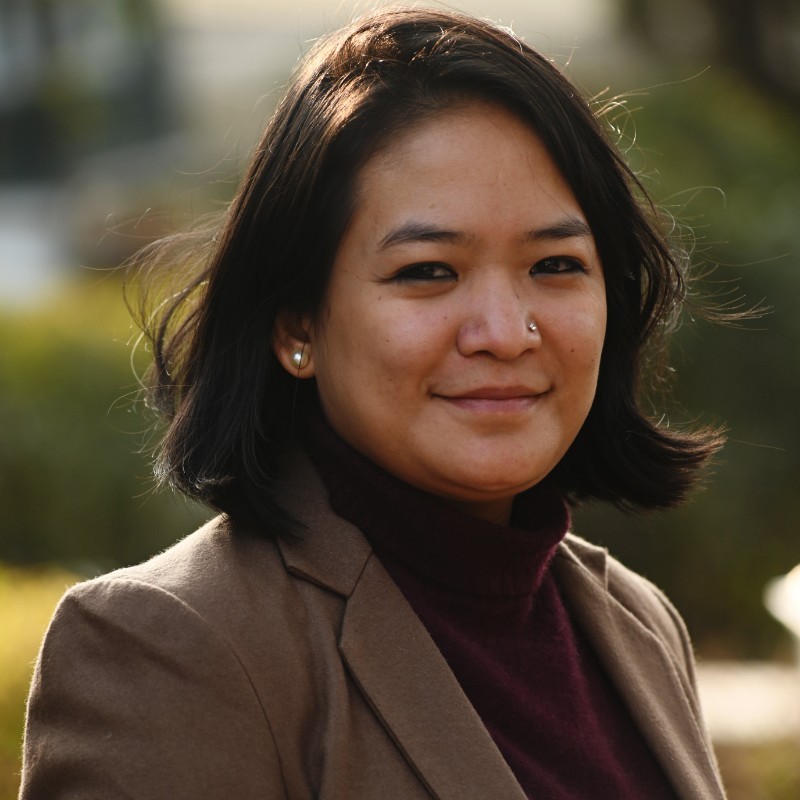
The socio-cultural fabric of Nepalese society contains several deeply established practices for caring for children that the country’s people have been using for decades. And parents are integral to childcare practices that guarantee a child’s survival and development. Children raised by supportive primary caregivers, including parents, families, and others nurturing the child at home, are more likely to develop well-functioning biological systems, including brain circuits, that promote positive development and lifelong health. Additionally, the rapidly advancing research in child neuroscience and development has provided compelling evidence of the significance of prenatal and the first few years after birth in establishing lifelong health and learning foundations.
This understanding places a heavy responsibility on the shoulders of parents and other primary caretakers of children to provide the best possible care for their charges to ensure the healthiest and most successful development that is humanly possible.
Ongoing work by the Centre on the Developing Child at Harvard University has alluded that the brains of children require relationships with people that are consistent, kind, and interactive. Like other cultures, Nepalese parenting norms are subject to an ideological divide, leaving today’s parents and future parents with a moral dilemma over how to bring up the next generation. They question conventional childcare practices and seek information about how indigenous approaches might benefit children. They hope to find logical and empirical support for these practices so they can accept parenting practices that will be best for future generations.
Furthermore, family dynamics are changing due to globalization and technological improvements, and the internet has made it easier for parents to offer each other advice and support. The current generation of parents are more likely to seek advice online or through social media before consulting with friends, relatives, or neighbors. To face the current generation’s challenge and help them choose the most appropriate childcare practices to put into action, they are comparing and contrasting the more modern indigenous cultural approaches with those that the Western narrative and techniques have influenced.
Migration and global travel have also exposed modern parents to various cultural parenting practices, making it more challenging to determine which approaches are best for their children and themselves. Choosing the best practices for child care and parenting might be challenging in today’s society, as information from all over the world is literally at your fingertips.
Several mothers were interviewed as part of my research on parenting and childcaring practices in Nepal, and all of them mentioned that they did not like the post-delivery traditions of piling mom and child in many clothes, the oiling of child and mom along with sunbathing irrespective of the weather, oiling of the ear of child and the food given to mother. Despite the disagreement with these traditions, some could completely deny it, while some went along even when dissatisfied.
Besides this, mothers also mentioned not liking the pressure from parents and extended families to follow age-old practices, which does not align with their current thinking and evidence. Some of the good aspects of the traditional practices include that mothers in Nepal get time to rest and heal postpartum, as the family takes up the primary care of the child, and females are primarily responsible for feeding the child in the initial days after delivery.
I, too, gave birth to my daughter in a foreign land. My husband and I had to raise our daughter independently in a distant country without much help from our extended family because she was born during the Covid time. This prompted me to read a great deal of literature on parenting and go to some of the many prenatal and childcare seminars offered across the country to feel more prepared for the unknown zone of parenthood ahead of me.
Having a child abroad influenced my perspective on parenting due to the tons of research I did and the influence of my environment. But still, I struggled with the internal conflict of the practices to follow, with continuous advice coming into me from Nepal versus what I could see firsthand in the country I was living in and the research I had done.
I had a parenting conundrum, and while some of the advice I received was beneficial, applying others required more understanding or self-assurance. This was because the advice from my family in Nepal differed from what I had heard in the country where I was living. The massage of a newborn with mustard oil is one of the best examples, and it has been covered extensively in other news. Although this is necessary for households in Nepal, it is not acceptable abroad, and when South Asian patients are involved, doctors advise against it.
I, too, became perplexed by the conflicting accounts I was hearing but gave up on my family’s advice and massaged my infant with mustard oil, which led to my baby developing a severe rash, and my family and I eventually ended up in the clinic where the doctor reprimanded us for not following their instructions. The practice of oiling infants with mustard oil has done a lot of good for the many children raised in Nepal and overseas. However, events like this make me reevaluate our different practices and consider my choices for what is best for my child.
Being a parent often makes you find yourself in a precarious position, where you have a mental dialogue about whether you are doing the right thing for your child, whether your efforts are enough, and what more you can do. This is the everyday mental narrative that each parent and guardian goes through. Even more, is the burden for parents who are now exposed to all the available information and to be able to make sense of the knowledge and decide what’s in the best interest of their child.
The current generation of parents and primary caretakers are looking for answers to how indigenous child caring practices support the child’s overall development. They are questioning the status quo of childcare practices and looking to justify them with logic and research to adopt the practices most appropriate for their future generations. These actions are also the impact of the realization that the cost of inaction when dealing with Early Childhood development is high.
Helping children reach their true potential by investing in early childhood development—and developing their physical, cognitive, emotional, and social capacities—will benefit not only them but all of us, and failing to make such investments will have profound implications for children, their families, and their societies, exacerbating inequalities and deepening societal divisions. Hence, community and modern-day parents must start this discourse and advocate for research on these aspects because the children we raise today are the nation’s future.



